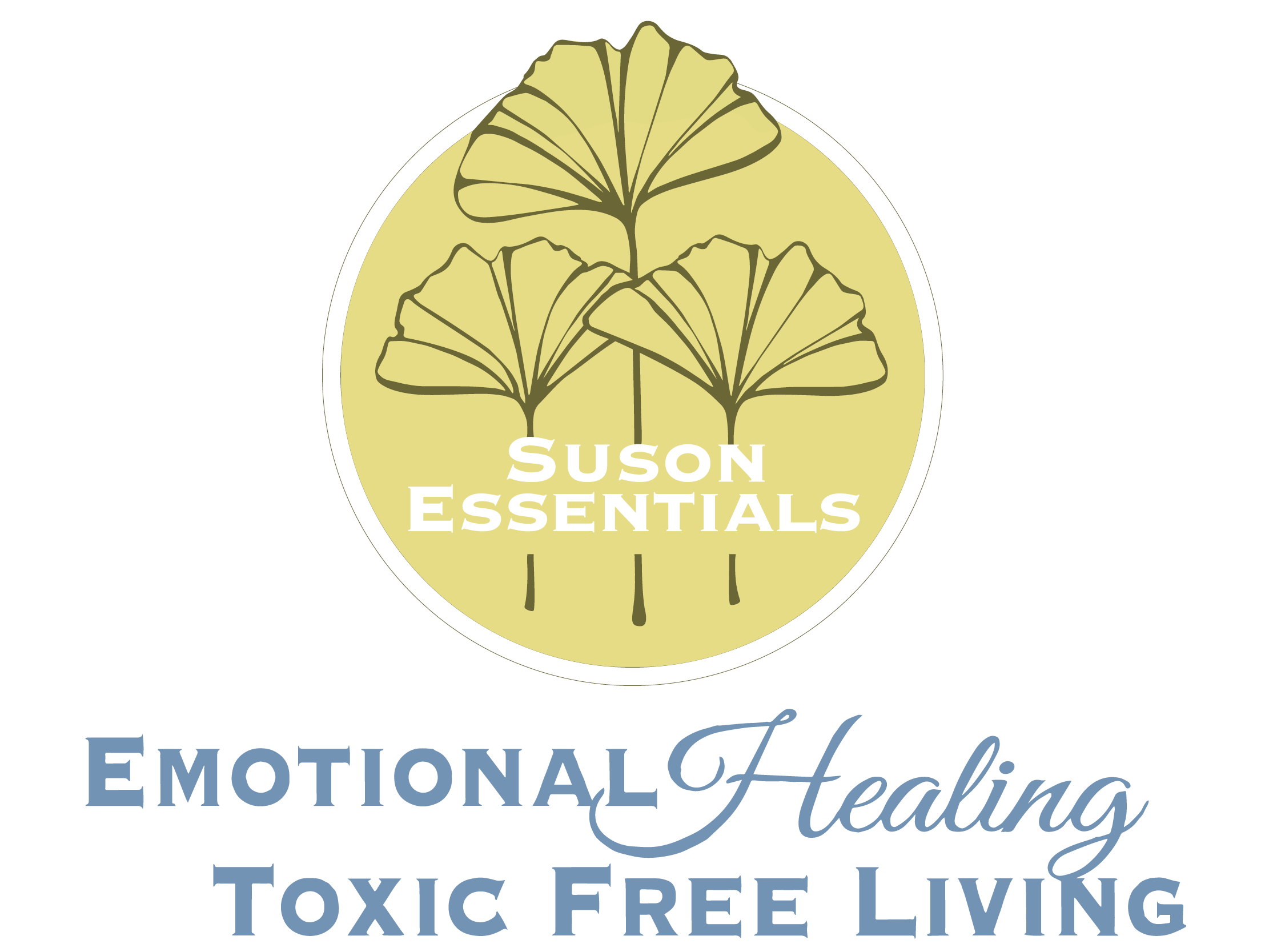Triatoma species, commonly known as kissing bugs or assassin bugs, are blood-feeding insects that serve as vectors for Chagas disease, a potentially life-threatening illness caused by the parasite Trypanosoma cruzi. These insects are found primarily in rural and semi-rural areas of Latin America but have also been reported in parts of the southern United States. Kissing bugs are typically active at night and are attracted to carbon dioxide exhaled by sleeping individuals. They often bite near the mouth or eyes, giving them the name “kissing bugs.”
Chagas disease is transmitted when Trypanosoma cruzi parasites, present in the bug’s feces, enter the body through the bite site or mucous membranes. The disease has two phases: the acute phase, which may cause mild flu-like symptoms, swelling at the bite site (often around the eye, known as “Romana’s sign”), and skin rash; and the chronic phase, which can develop years later and lead to severe complications, including heart failure, arrhythmias, and gastrointestinal issues due to damage to the heart and digestive muscles.
Preventing Chagas disease involves reducing contact with Triatoma bugs through measures like improving housing quality to eliminate bug hiding spots, using bed nets, and applying insecticides in areas where kissing bugs are common. Screening blood donations and early diagnosis and treatment with antiparasitic medications, such as benznidazole or nifurtimox, are essential to manage infection and prevent the chronic form of the disease.



